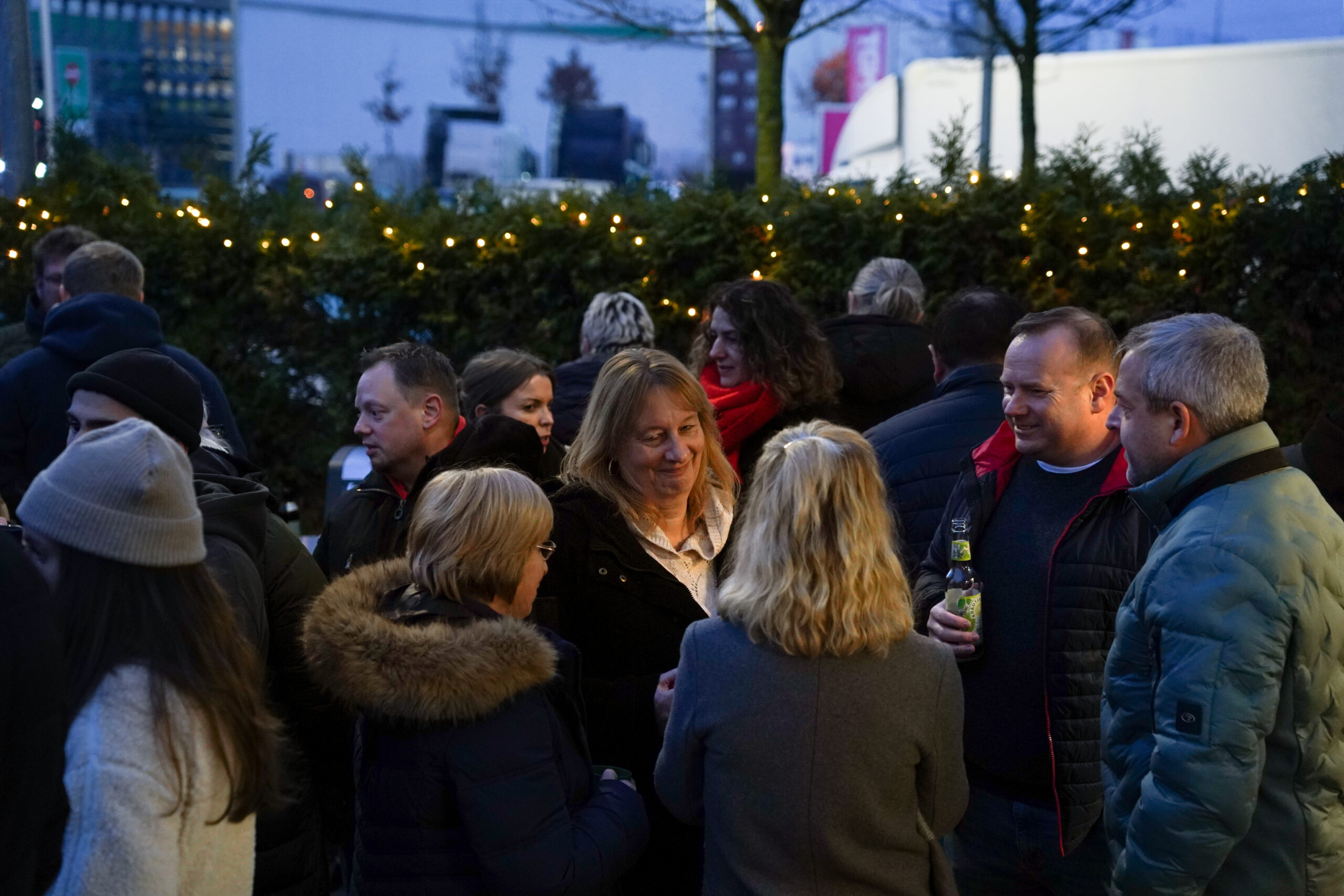At cyber-Wear we celebrated the traditional Oktoberfest with “weisswurst” and pretzels together with all our colleagues. But did you know why this festival is celebrated? Or that one of our bosses also played a role?
The Oktoberfest is the most popular German folk festival in Germany, and is especially popular for visitors. People from all nations flock to Munich en masse for the keg-tapping, to celebrate this Bavarian tradition. The beer garden culture, which attracts people to spend their free time in the beer gardens, brings everybody together, no matter what culture they’re from. It’s not just a rustic collection of tables with checkered tablecloths, set in the countryside. In Munich, beer gardens sometimes cover the area of several football fields. Germany celebrates both larger and smaller Oktoberfest celebrations throughout the country. These are opportunities for people to get together and exchange ideas.
And that’s exactly why we also took this opportunity to celebrate our own Oktoberfest on our terrace, in a relaxed atmosphere. But why do we even celebrate the Oktoberfest? Its origin goes back to 1810. The event was held to celebrate the wedding of Crown Prince Ludwig and Princess Therese in Munich. The entire city was invited. The public celebration was elaborately staged and was illuminated with the most magnificent lighting. A horse race was organized in honor of the newlyweds. It was won by the National Guardsman and coachman, Franz Baumgartner. The celebration went on for five days and was subsequently repeated annually. The meadow was named “Theresens (Therese’s) Meadow” in memory of the bride.







